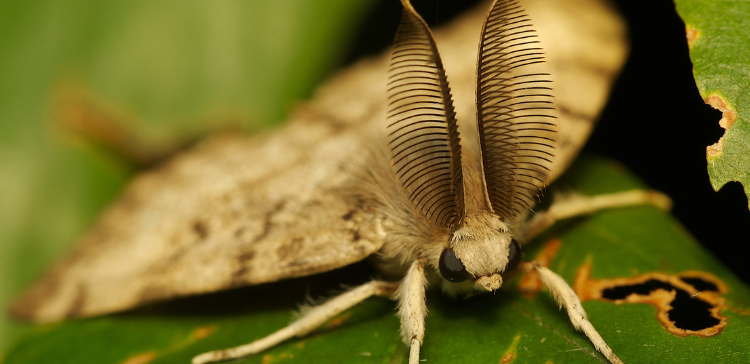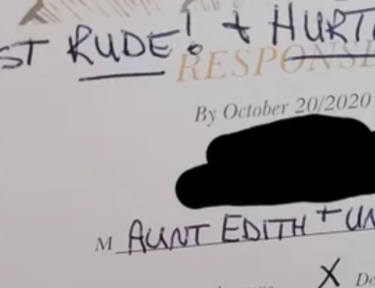Insects are often considered pests. Having an insect named something that references a particular culture in a negative way is definitely not appealing. Unfortunately, there’s a well-known insect in the eastern United States that has been commonly called a name the Romani people find quite offensive. We’re talking about the gypsy moth.
The Romani people are an ethnic minority in Europe, and the word gypsy is highly offensive. According to Romani scholar Magda Matache, “Gypsy is considered a racial slur by many Romani people. It carries a very painful history, and it is offensive.”
Romani people were salves in Romania for five centuries. The Entomological Society of America’s website explains that the Romani people were “targets of enslavement, genocide, forced sterilization and migration, economic and social exclusion, and other manifestations of anti-Romani racism.”
The gypsy moth was first introduced to the United States in the 1860s when several of the species escaped from the Massachusetts home of amateur entomologist, Leopold Trouvelot. He had been trying to breed an insect that would make silk as an alternative to the silkworm. Instead, the gypsy moth escaped into the woods and currently causes millions of dollars of damage every year. Think of “The Very Hungry Caterpillar.” It’s kind of like that.
It’s easy to see why the Romani people would be offended by the word gypsy and by having an insect that causes damage being also called a gypsy.
In 2021, the Entomological Society of America (ESA) officially changed the name of the moth to the spongy moth. This is a reference to the insect’s fuzzy egg masses that look very similar to sponges. It’s also similar to the name for the moth in other languages including French and German.
Muhlenberg College biology professor Marten Edwards told “The Morning Call,” “This is a very welcome and long overdue change—the result of a monumental effort by the largest professional society of entomologists in the world. This is one of many problematic common names that need to be changed to something respectful, inclusive and descriptive.”
The name change was not taken lightly. Over 50 scientists submitted over 200 name suggestions. After seeking input from experts and organizations, they narrowed the name options down to 7 finalists.”
Matache explained the importance of this name change saying, “Changing the name of this insect is very relevant in rectifying the mainstream, White narratives about Romani people. I hope that the decision to give up the G-word gets to be followed by others who also need to change the names of businesses, events, websites, fashion collections, cakes, food, drinks and college parades that include the G-word.”





